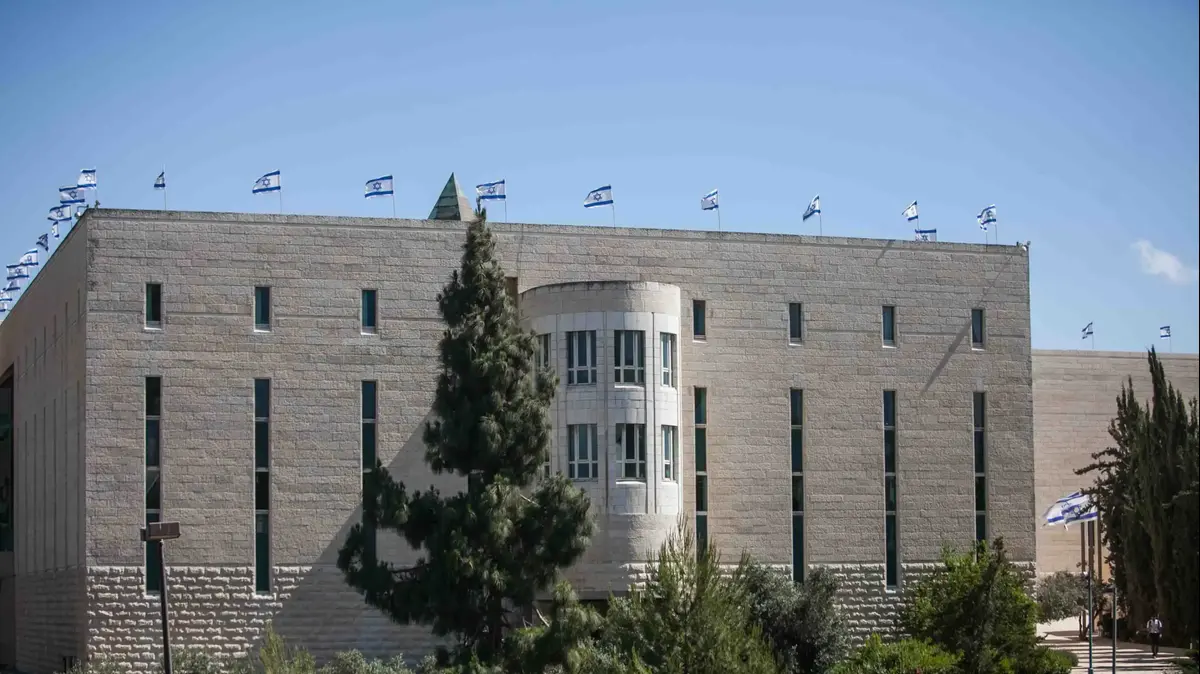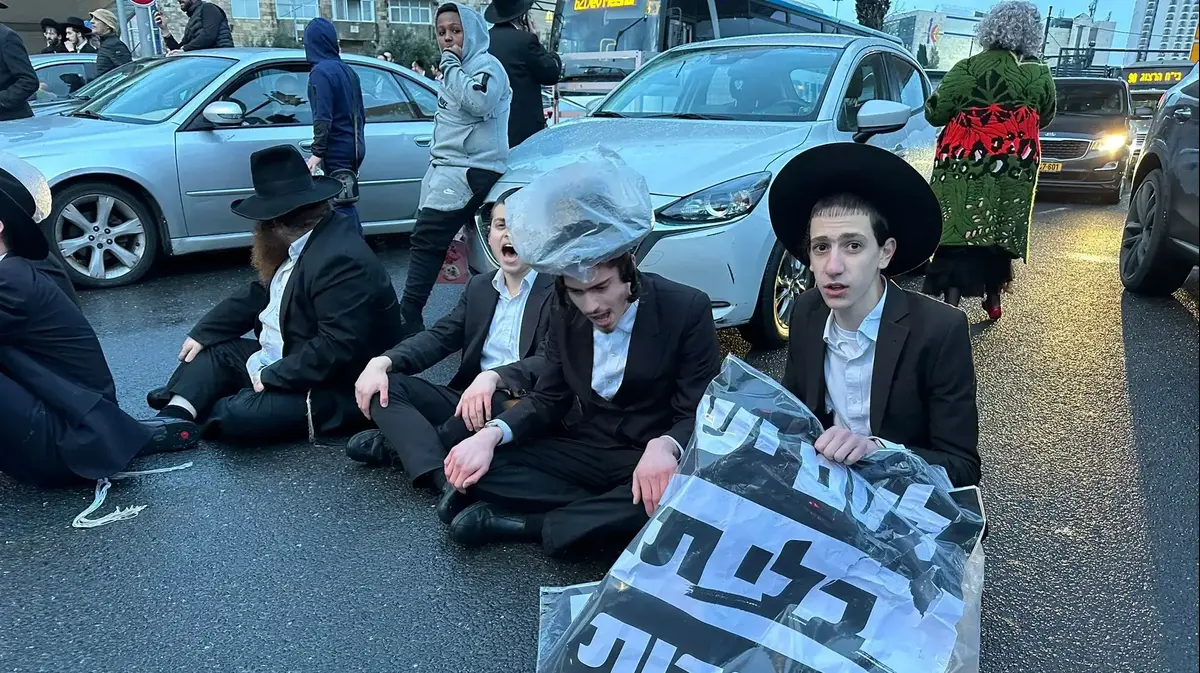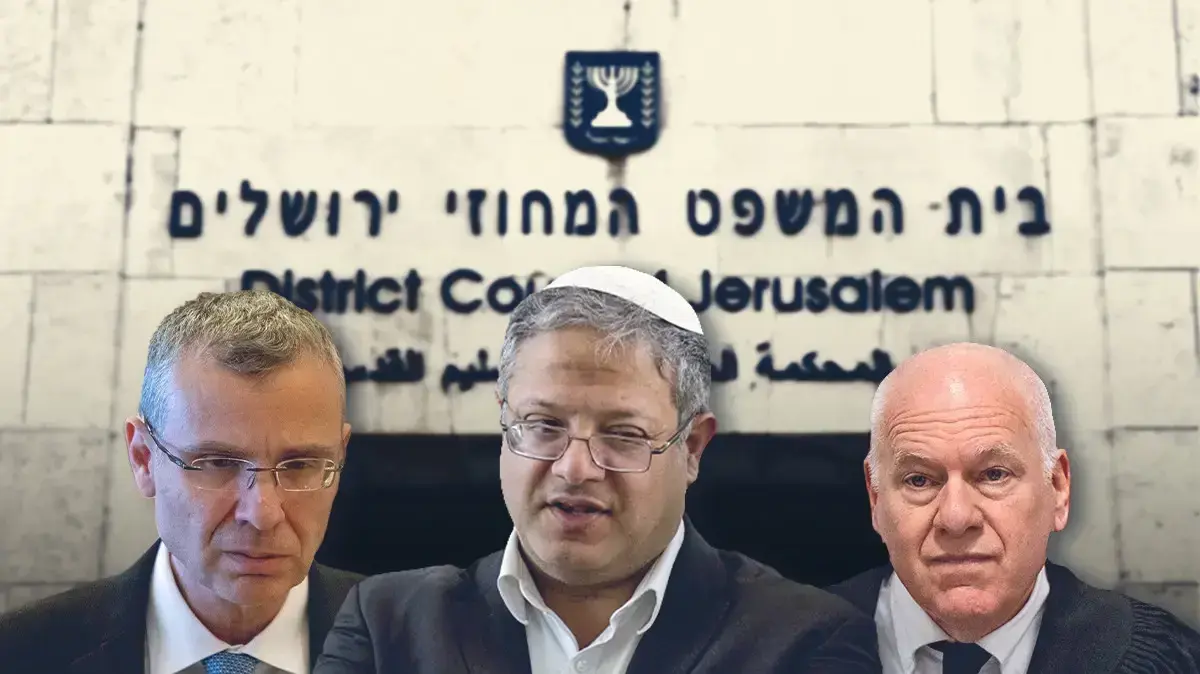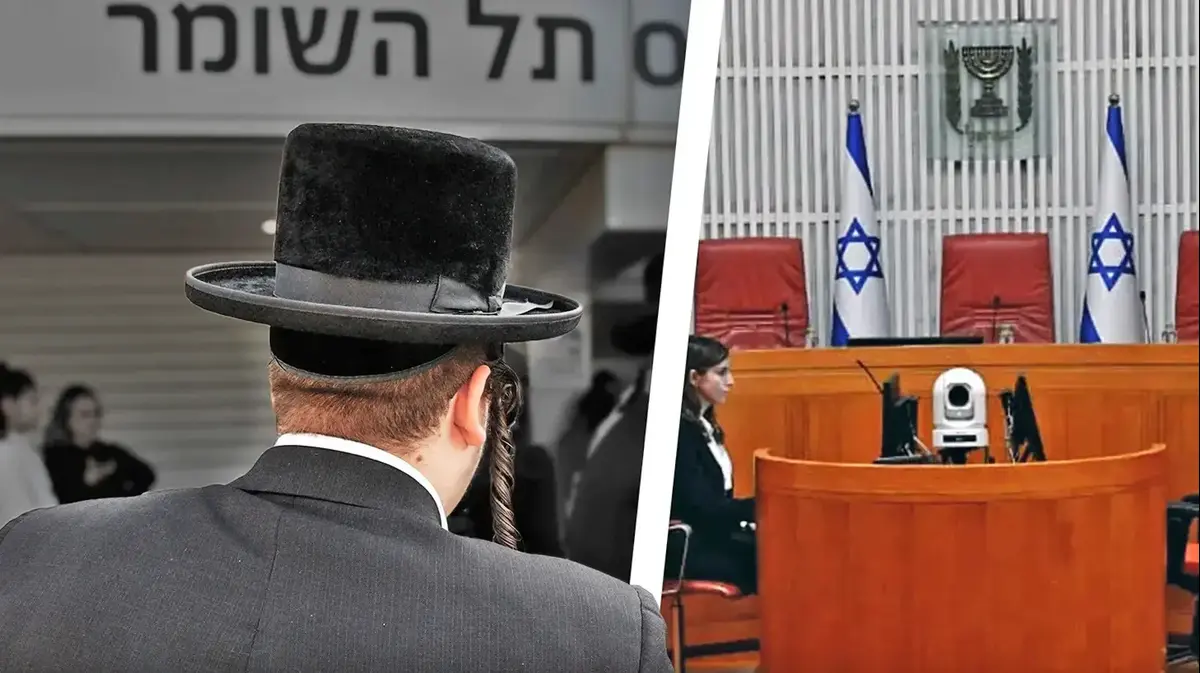news
Political-political
By a majority of 10 against one: The High Court rejected the petitions against the Nationality Law: Chapter in our emerging constitution
The Supreme Court ruled that there was no reason to repeal the Basic Law: "It is intended to anchor the components of the state's identity as a Jewish state, without detracting from the components of its democratic identity."
The judge read in the minority opinion: "The law's disregard for Arabs and Druze intensifies the violation of the principle of equality"
Tags
Nationality Law
High Court
Yael Friedson
Thursday, 08 July 2021, 16:47 Updated: 17:11
Share on Facebook
Share on WhatsApp
Share on general
Share on general
Share on Twitter
Share on Email
0 comments
An expanded panel of 11 judges will publish today (Thursday) the ruling in the petitions against the Nationality Law.
The law was passed in the Knesset in July 2018 by a majority of 62 in favor, 55 against and two abstentions.
Fifteen petitions were filed against the law, including a petition by the Association for Civil Rights in Israel.
After the hearing in the extended panel, no decision was issued on the issuance of a conditional order.
The petitions are therefore expected to be dismissed so that the law will not be disqualified.
At the same time, the decision will be of great importance, due to the fact that most of the judges have signaled that they intend to go into the thick of things and interpret the controversial sections of the law.
This interpretation will have an impact on the extent of the future impact of the Nationality Law on future interpretations of the law in the courts, and on sensitive issues of relations between the Jewish majority and the Arab minority.
More on Walla!
NEWS
Not at all what you thought: Anat Harel revealed her surprising victory
To the full article
Demonstration calling on the High Court not to intervene in the Nationality Law, December 2020 (Photo: Official website, if you will)
The law enshrines in the Basic Law the status of the State of Israel as the nation state of the Jewish people and the right of the Jewish people to self-determination in their homeland as a unique right for the Jewish people, the symbols of the state, Jerusalem as the capital of Israel, the Hebrew language as the state language. .
In addition, it includes clauses anchoring the development of Jewish settlement as a national value and stipulates that the state will work to ensure the safety of the Jewish people and its citizens in distress due to their Judaism or citizenship and will work in the Diaspora to preserve the bond between the state and the Jewish people and their heritage.
The law provoked strong opposition among Israeli Arabs and the Druze community, as well as from elements who see the law as a change in the democratic character of the State of Israel.
Petitioners demand the repeal of the Nationality Law, and especially the sections that repeal the official status of the Arabic language and anchor Jewish settlement as a supreme value.
Alternatively, some of the petitioners demand that the Basic Law be amended to ensure equality for all citizens of the state.
A rally of solidarity with the Druze and against the Nationality Law, Rabin Square in Tel Aviv (Photo: Reuven Castro)
Among the petitioners: the Meretz factions and the joint list, former MK Akram Hasson (all of us), former journalist and head of the Dalit al-Carmel Council, Rafik Halabi, a number of Druze organizations, Morsi Abu Mokh, mayor of Baqa al-Gharbiya, the High Monitoring Committee of Citizens Israel, Adalah, the Association for Civil Rights, and a number of groups of intellectuals, including Sami Michael and Micha Ullman,
responded on behalf of Attorney General Avichai Mandelblit, arguing that there was no need for judicial intervention in the Basic Law, and that the Nationality Law enshrines the elements of national identity. The State of Israel as a Jewish State The subject is "a very important constitutional message, while giving constitutional attire to the vision of the state as the nation state of the Jewish people, but does not detract from the individual rights of every person in the State of Israel, regardless of religion or nationality."
Share on Facebook
Share on WhatsApp
Share on general
Share on general
Share on Twitter
Share on Email
0 comments







/cloudfront-eu-central-1.images.arcpublishing.com/prisa/OCS7V4Q6YKB6UMI76BXPPNGQJE.jpg)

